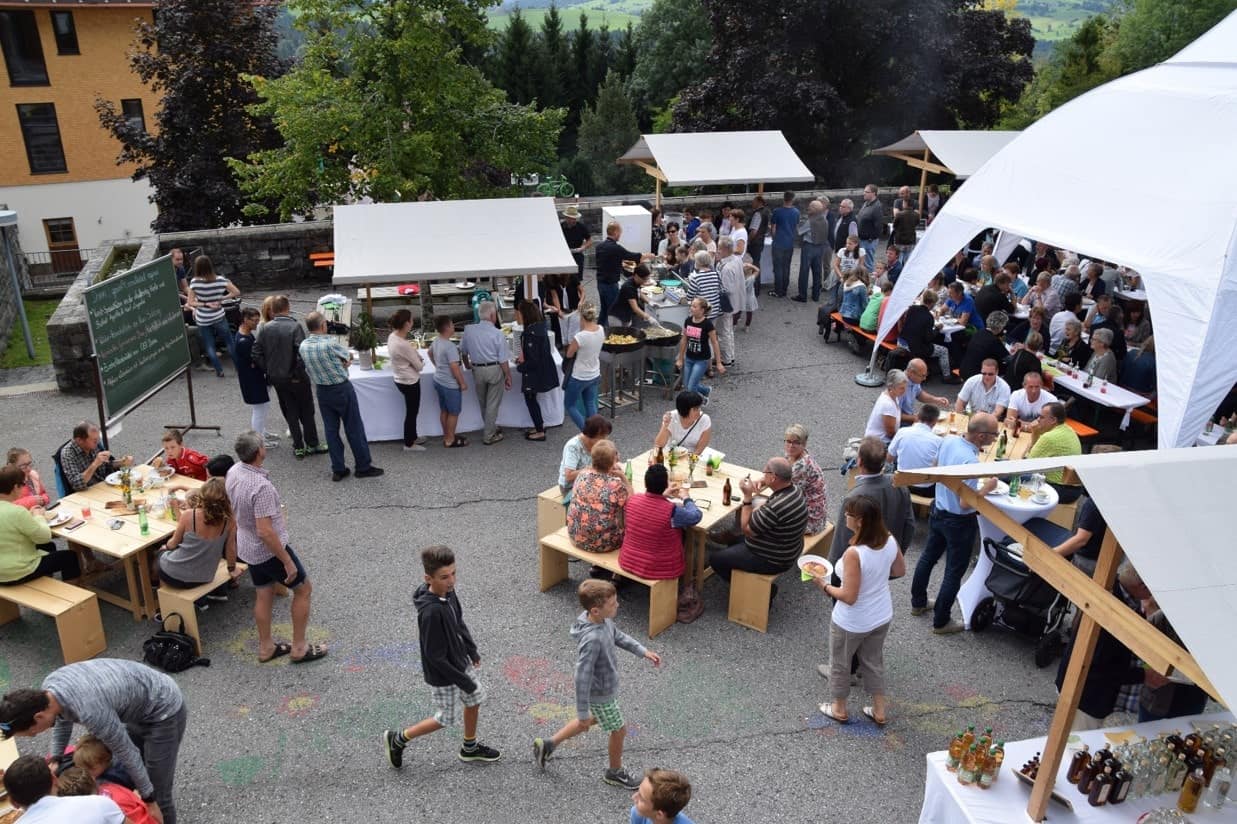The AlpSatellites project is moving forward: it aims at verifying the potential of remote working in alpine and remotes areas. At the end of the first phase of the quantitative reseach with stakeholders, researchers have been analizing the findings about the dynamic world of remote work and its ideal co-working settings. Between July and September 2023, the lead partner of the research, the University of Valle d’Aosta, the University of Applied Science Voralberg and the Aix-Marseille University delved into qualitative data derived from in-depth interviews with remote workers living in alpine and remote areas located in Valle d’Aosta, in Pays du Grand Briançonnais, des Ecrins and du Guillestrois/Queyras and in the Bregenzerwald. The investigation aimed at answering the crucial questions of where and how co-working spaces should be established. The key factors that must be present in a hypothetical co-working area turn out to be:
• Strong connectivity: the research highlights the importance of strong wireless connections within co-working spaces
• Abundant natural light: ideal co-working spaces should be flooded with natural light
• Accessibility: these spaces should be easily accessible, welcoming both bus and car commuters
• Community and culture: to counteract isolation, co-working spaces should feature dedicated areas for socializing and hosting cultural and cross-generational events, revitalizing traditional meeting spaces, especially during the quieter seasons
• Soundproofing: soundproof spaces are essential for organizing online meetings with colleagues scattered around the world
• Amenities: co-working spaces should be located near other services, such as restaurants and local shops should be more accessible
• Outdoor areas: working al fresco with a wireless connection amplifies the appeal of co-working spaces
The study also sheds light on varying levels of digital proficiency, underscoring the importance of tailored support services.
Among the conditions for success in attracting and retaining remote workers, coworking spaces seem to play a key role. The highly heterogeneous coworking spaces found in mountain areas enable their users to meet specific needs: they enable them to get together in the form of a community of people who share the same values. Remote workers and hosts of coliving or coworking spaces, during the interviews, agreed on saying: «We thought it would be a good idea to create a place that would bring people together, because we need other people to be happier, and that would enable us to meet people with whom we share the same passions and values, and with whom we can exchange ideas and all that goes with growing together”. It’s true that the “state of mind” that reigns is generally perceived as different by their users, since there is a “real collective”».



